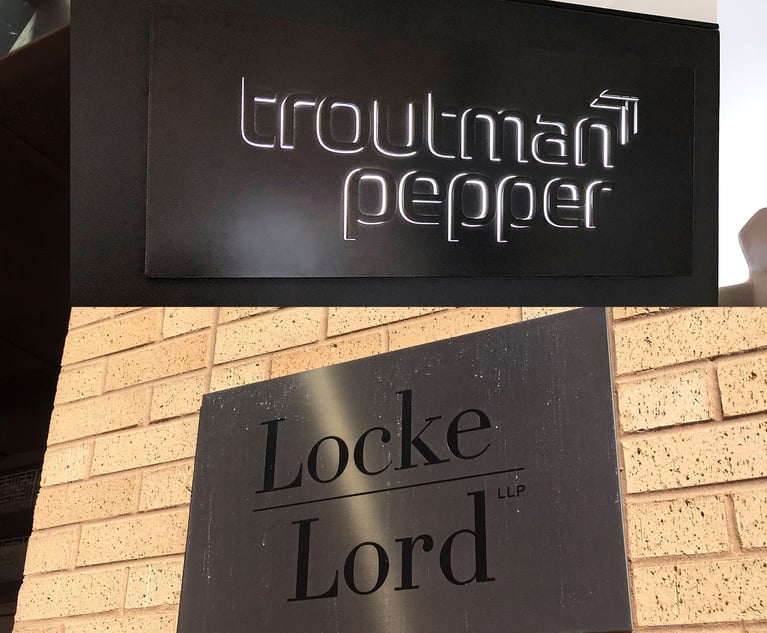Independent educational consultants (IECs) help students and families navigate the complex college admissions process. While most IECs center their practice around college admissions, some IECs specialize in connecting students with special secondary school options such as boarding or therapeutic schools. Educational consulting is a $2 billion industry, with average to moderate growth projected through 2025 (per IBISWorld). The industry has no specific licensing requirements, yet most practicing IECs earn a certificate in college consulting through a university, undertake a practicum or internship with a mentor, join national and regional professional organizations, regularly attend professional development conferences and visit colleges, and once they have achieved the requisite experience level, many go on to receive additional certifications such as the Certified Educational Planner credential. Despite the scandal surrounding Operation Varsity Blues in 2019, most IECs are members of professional organizations that require members to adhere to strict ethical policies (national organizations include IECA, HECA, NACAC and AICEP).
As both a corporate lawyer and the founder of a thriving IEC practice, I’m in a unique position to assist IECs with legal issues relating to their work, including business start-up procedures, transitioning a solo practice to a multi-IEC group and developing a custom client contract. The vast majority of IECs operate as sole proprietors. Sole proprietors generally face straightforward start-up decisions: whether to form a solo-member LLC or incorporate, whether to open a separate business banking account, how to file an assumed name certificate at the county level (and state level if operating as a corporation or LLC), whether any local permits are needed for operating the business from home (or negotiating a lease if the IEC intends to maintain business premises) and how to best develop a client contract.


 Penny Linsenmayer partner with Taylor English Duma and founding partner of Pathway Admissions. Courtesy photo
Penny Linsenmayer partner with Taylor English Duma and founding partner of Pathway Admissions. Courtesy photo




